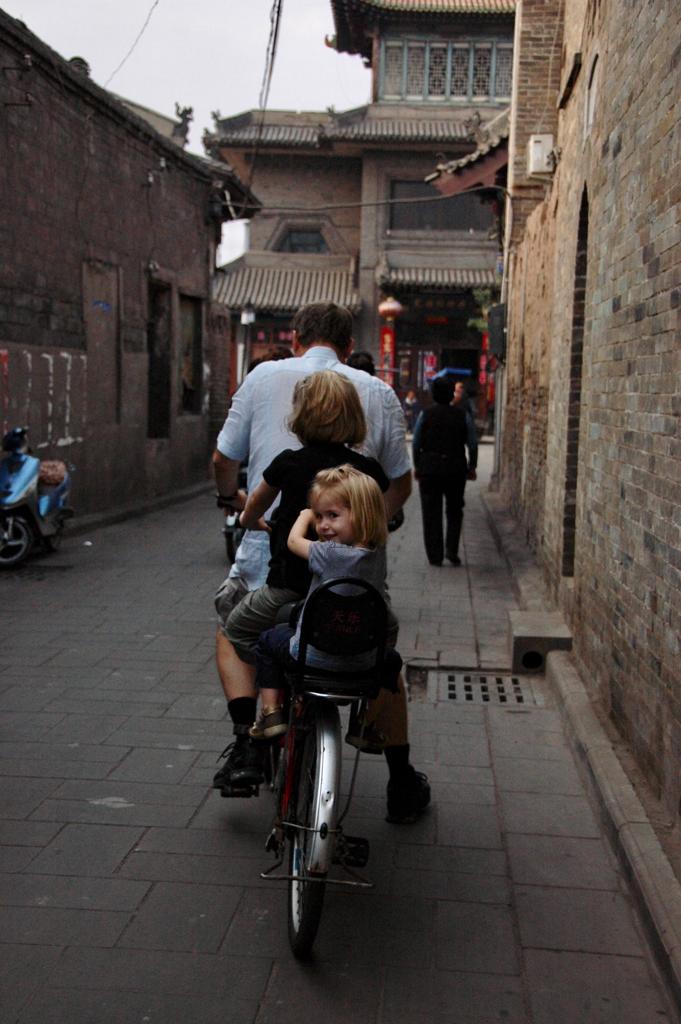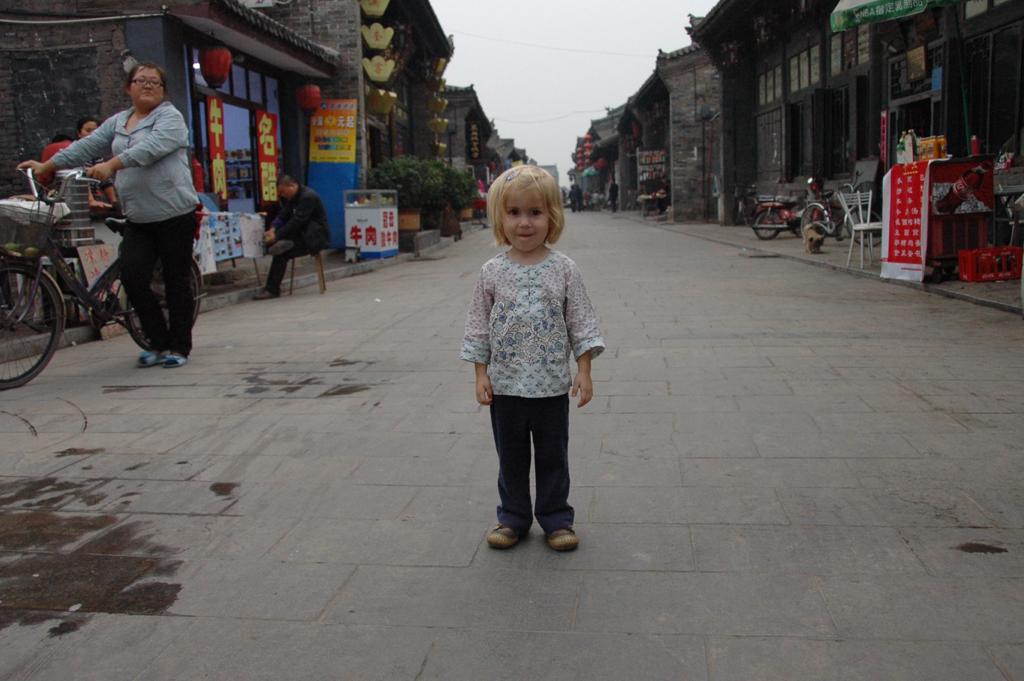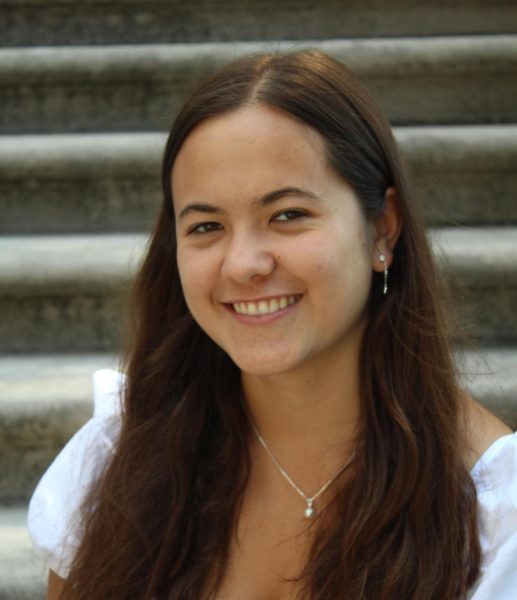As the child of a diplomat, junior Nomi Bakshian’s reality means packing up and moving to a new country every couple of years. Throughout her life, she has lived in six countries across three continents and learned to adapt to various cultures, people and schools.
Bakshian’s mother, Nicole Bintner-Bakshian, is Luxembourgish and works for the Embassy of Luxembourg. Typically, she is assigned a position in a country for four years. She is currently the Ambassador of Luxembourg to the U.S.
When she was born, Bakshian’s family was living in Manila in the Philippines. However, they flew to Luxembourg for Bakshian to be born. The family returned to Manila and continued to live there for another year before moving to Beijing, China for four years.
After that, they lived in Bangkok, Thailand for one year, which is Bakshian’s favorite place she has lived in. Then, the family moved to Abu Dhabi in the United Arab Emirates for five years and, afterwards, Dakar, Senegal for four years.
Bakshian’s family visits Luxembourg every summer for at least a month, which keeps her connected to her motherland. “[Luxembourg has] been my home away from home in every place that I’ve lived,” she said. “That’s the only thing that’s stayed constant.”

Bakshian has always attended international and American schools. They have high turnover and consist mainly of children of diplomats and people who work at the IMF or World Bank. “That provides for [a] great community of really interesting people and people with a bunch of different backstories,” she said.
WIS, on the other hand, is a completely new experience for Bakshian. In fact, she does not consider WIS a truly international school, as there is low turnover every year and many students are “lifers” (students who have attended WIS since pre-kindergarten or kindergarten) and have lived in D.C. their whole lives.
“They all share the same childhood, essentially,” she said. “And they don’t have the same experiences as someone […] who has lived abroad their whole life and who has moved every four years.”
Bakshian moved to Washington D.C. as a rising sophomore in 2021. Though she had visited the city often to see her American father’s family, it was her first time moving to the U.S.
Overall, the U.S. is very different from any other place Bakshian has lived. “You know you’re in the U.S.,” she said. “You see an American flag every so often, just so you don’t forget.”

At WIS, students’ uniform experience has fostered a community where everyone has similar perspectives on issues, according to Bakshian.
If it were up to her, Bakshian would not market WIS as a truly international school. She has met few students who have had as international experiences as her. There is “definitely an American lens [through which the world is] looked at” at WIS, according to Bakshian, which is largely impacted by the local view in D.C.
Because she has lived abroad for her whole life, it was never a strange experience for Bakshian. “I never lived in Luxembourg, so I don’t really know my own culture that well, and I’m very much a third-culture kid,” she said.
A third-culture kid is “a child who grows up in a culture different from the one in which his or her parents grew up,” according to the Merriam-Webster dictionary. Third-culture kids adopt the cultures of their parents and the places they live in, which shapes their mixed identity.

Bakshian was taught at a young age to be open-minded and courteous of people who are different from herself. “I see different experiences, and I understand better where people are coming from, and why different people have different beliefs,” Bakshian said.
Learning about so many cultures has been a valuable experience for Bakshian. But she says that leaving behind the friends she makes across the world is difficult. “Moving every four years, you have to start a new life essentially, which is tough,” she said.
Nonetheless, Bakshian has grown to enjoy creating new lives all over the world. In recent years, social media has helped her to stay in better contact with friends.
In the years to come, Bakshian hopes to settle down. However, she hopes that one day her children will be able to experience the world like she has, as she believes it is invaluable.
Though many students at WIS are dual citizens, Bakshian believes that that in itself does not make someone “international.”
“That’s not what international means to me,” she said. “International means living abroad, not being from two different countries… Not just being from abroad. Because if you live somewhere your whole life, you’re familiar with your own environment. And if you’re familiar with one environment, what’s international about that?”
By Naomi Breuer


































































